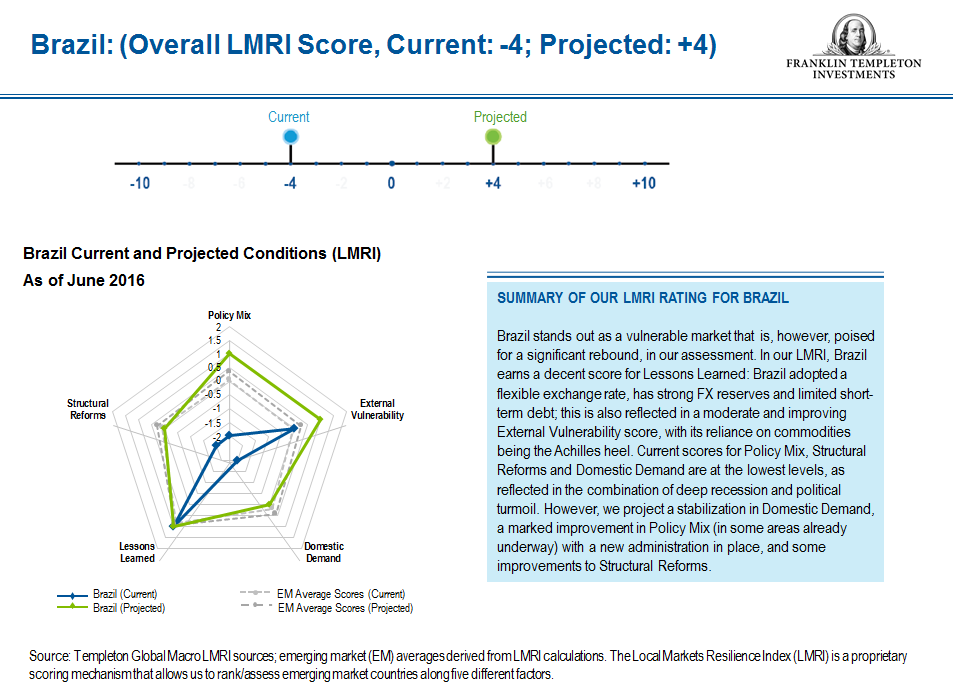We’re frequently asked for an opinion on financial advisor site authentication. In turn, we often ask if any content absolutely requires a log-in. FAs do not like to register and maintain an additional ID/Password, so securing as little content as possible is a sound initial mindset.
Yet, we understand that broker-dealer only materials require authentication. So what are today’s industry log-in and registration options? I examined how 19 firms enable advisors access to secure content and found two interesting conclusions.
Log-In / Authentication
Of the 19 firms, 8 firms try to authenticate the FA through an e-mail match against the firm’s CRM. Eaton Vance showcases that approach; when the FA tries to access secure content, eatonvance.com asks only for an e-mail address (see below). So an advisor with an e-mail already captured in the CRM does not need to register. That means 12 of the remaining firms make log-in harder than necessary for known FAs to access the content they want.

Matching first against CRM will become status quo and firms without that capability are digital laggards.
FA Registration
Firms present registration in one of two forms:
- 6 of 19 firms require a clear affiliation with a broker-dealer, either through a CRD number, dealer number (via Franklin Templeton), or valid broker-dealer e-mail address (via Legg Mason). This is typically a short form registration requiring only 4 or 5 data fields.
- The 13 remaining firms present a single or multi-step process (via TIAA) that requests typical online registration information with 10 or more data fields, but without a CRD or Dealer number.
In parallel to these two registration approaches, 4 of the 19 firms also allow FAs to bypass on-site registration via social sign up. All four authenticate via LinkedIn and two also allow authentication via Facebook and Google. Royce (example) uses the LinkedIn approach with an “authorize” window popping up for user acknowledgement.
An abbreviated registration form with a required CRD or Dealer number is more straightforward than long-format registration.










